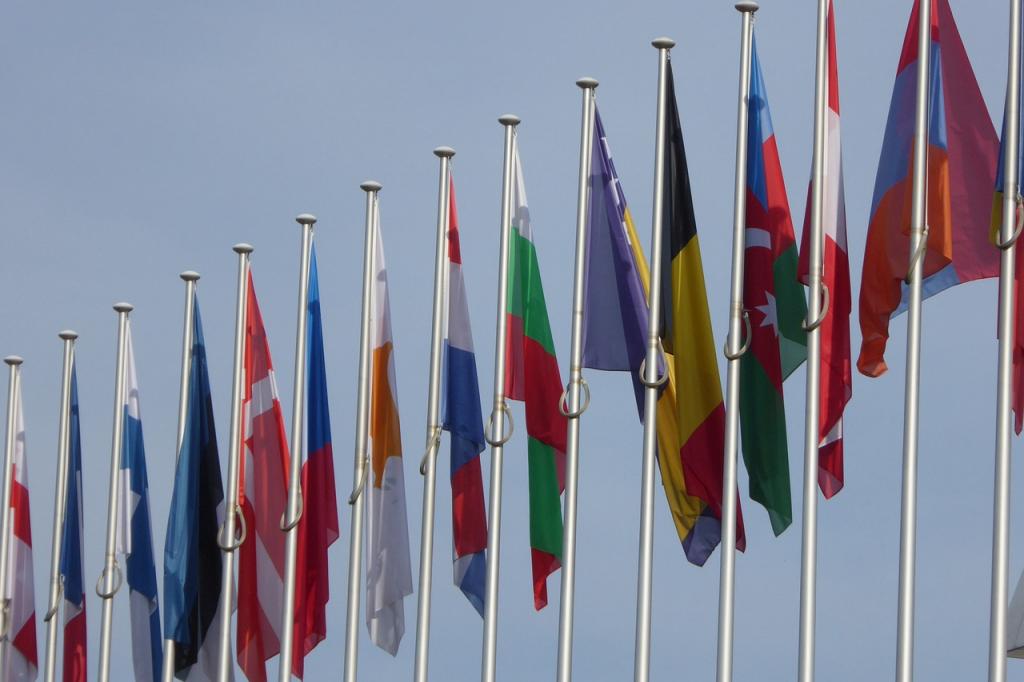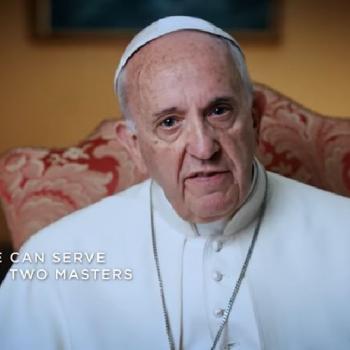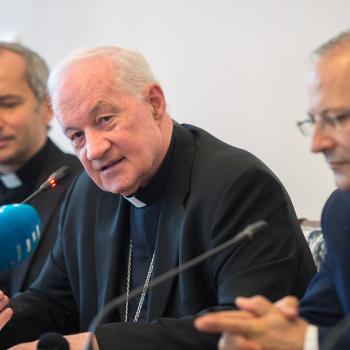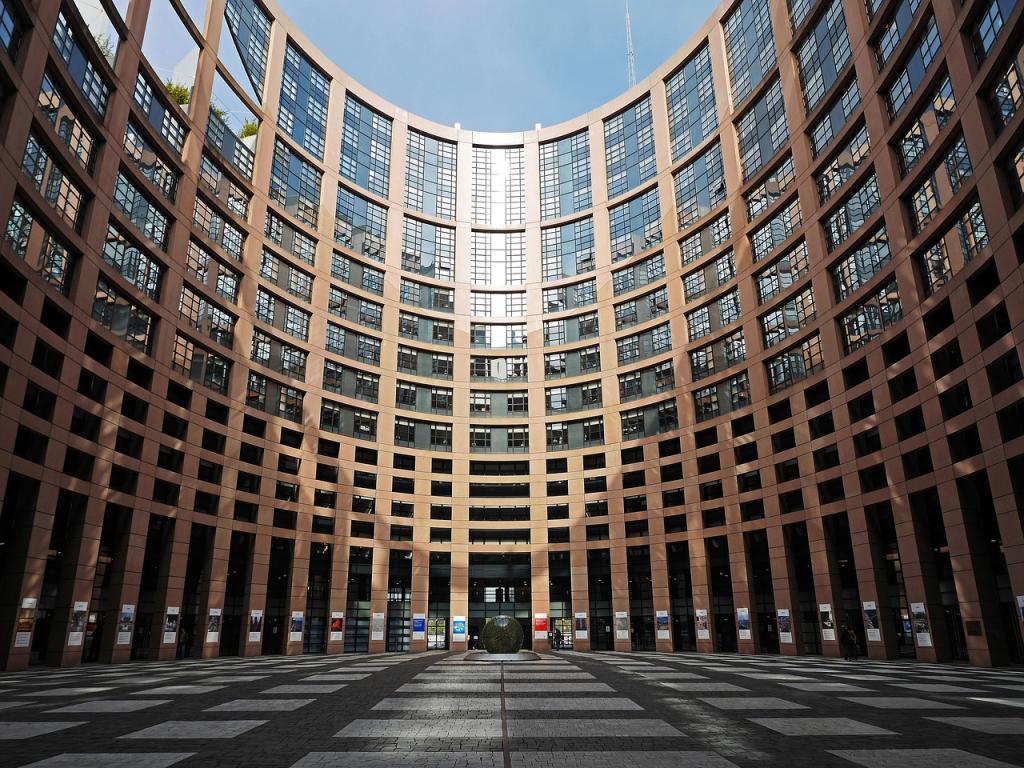
“For the Church, a political project derives legitimacy from its impact on human persons – so the European project should be our project”. Another interesting interview of the cleric some of whose ideas we looked at just the other day: Fr. Olivier Poquillon, the French secretary-general of COMECE, the Commission of the Bishops’ Conference of the European Community. And once again, on the future of the European project and the Church’s place within it.
Talking to the Swiss Catholic news agency, kath.ch, Poquillon opined that “in an anxious period” like the one currently felt in Europe, “it’s vital to impose a framework which prevents national and corporatist egoism from taking precedence over the quest for the common good. Whether they like it or not, our countries and peoples belong to Europe”.
Strong language this – of “national and corporatist egoism” – from the secretary of the more than a thousand bishops of the EU’s 28 member-states. But Poquillon also criticized the bloated bureaucracy and economic self-destruction by way of “austerity” at all costs for which present-day Europe has become famous, accusing it of giving the impression of “privileging structures and financial profits” over “persons and communities”. And this when what it is really necessary is to allow citizens to reclaim from the claws of consumerism the “work, economy, environment, culture, politics, and religion” that is the legacy of the people of the continent.
“Defiance of institutions isn’t specific to the EU”, Fr. Poquillon added. “It’s a global phenomenon, which also affects the Church, enterprises and states”.
Brexit, he said, for example, “is merely the European expression of something we’ve seen in the US and other countries: sensing a loss of control over our political, cultural, religious and technological environment, we’re strongly tempted to withdraw into ourselves”. A temptation, though, to which the other EU countries have not yet succumbed, even if it is true that national governments do tend to “claim credit for all successes while blaming the EU for every failure”.
On the contrary, in fact. The United Kingdom’s 2016 vote to leave the Union has in fact strengthened the “European rootedness” of its remaining member-states, the citizens of which realize that EU institutions offer “the best means of assuring peace and security”. A mission to which the Church can contribute, according to Poquillon, by making sure Catholic social teaching remains the “principal reference” for European policy-making, along with a respect for the dignity of the human person.
“Negotiations between London and the 27 show it’s above all the citizens and enterprises of the United Kingdom who’ll suffer from leaving the Union”, concluded Poquillon. “Despite the inequalities and frustrations which it generates, European construction can boast 70 years of peace and economic development“.
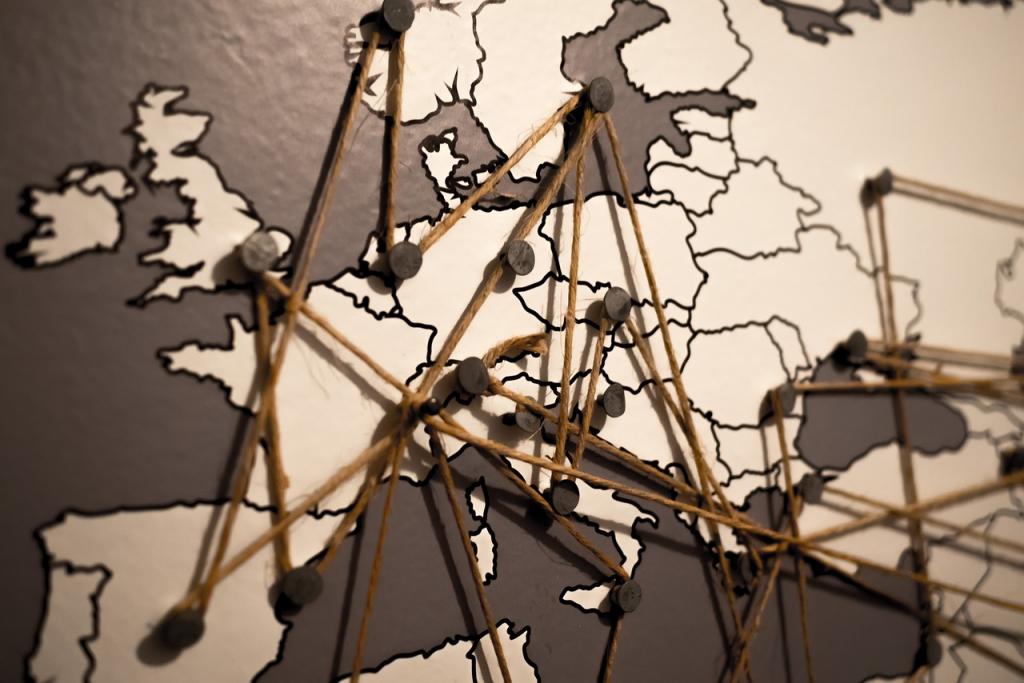
But isn’t subsidiarity antithetical to closer European integration?!
“It is hard to understand how someone so manifestly intelligent and spiritually discerning [as Poquillon] does not see or apparently understand that ever-closer European integration is the fons et origo of the “loss of control” felt by many Britons who voted Leave”.
The “Christian conservative and conservative Christian” blog Archbishop Cranmer has in this way been quick to take exception to the latest observations offered by the secretary-general of COMECE. Let’s look in detail at the criticism, born of a horror that Poquillon should dare to “lecture British Roman Catholics on their moral obligation to support European Integration”:
[Poquillon] lauds subsidiarity as though the fact that it is written into the Maastricht Treaty is evidence of its political exercise and virtuous operation. Subsidiarity – the principle that a central authority should have a subsidiary function, performing only those tasks which cannot be performed at a more local level – is antithetical to ever-closer union. Indeed, the latter challenges and nullifies the former: the two cannot co-exist?
The EU may have enshrined the political principle in its 1992/3 amendment to the Treaty of Rome, but in practice subsidiarity is non-existent. Can Fr Poquillon name one – just one – power accrued to the Acquis which has been re-devolved to the level of the nation state?
Even the most glancing look at the Subsidiarity Network website of the European Committee of the Regions is enough to see where the people at Archbishop Cranmer have gone wrong (apart, of course, from their curious excuse that Brexit is a morally legitimate option given that the Holy See too “fiercely guards its own ancient sovereignty and permits nothing to impinge upon its corporatist egoism”).
The Subsidiarity Network website states that:
The new Protocol on the application of the principles of subsidiarity and proportionality annexed to the Treaty of Lisbon states that ‘Before proposing legislative acts, the Commission shall consult widely. Such consultations shall, where appropriate, take into account the regional and local dimension of the action envisaged’.
But why then, to go back to Archbishop Cranmer’s criticism, have we not seen a re-devolution of any powers assumed by the EU back to the nation state? Again, the Subsidiarity Network explains:
Although the subsidiarity principle has been part of the Union’s institutional life for over 15 years, Court of Justice case-law on this subject is quite small. It is unusual for the legality or validity of a Community legislative act to be brought before the Court for failure to comply with the subsidiarity principle, and to date the Court has never had occasion to annul a legislative act on these grounds.
This state of affairs is largely due to self-discipline on the part of the legislator, as well as to the fact that this principle does not really lend itself to judicial supervision.
And there’s the rub. The principle of subsidiarity “does not really lend itself” to the judicial supervision of EU policy making, but instead depends, for its proper implementation, on the consultation processes with regional and local actors that, as noted above, are also envisaged in the annex to the Lisbon Treaty. And too, on precisely the monitoring of EU legislation that the COMECE takes upon itself as part of its mission, and “to communicate to the EU institutions the concerns and opinions of the Catholic Bishops in their own fields of interest relating to the construction of a peaceful and prosperous Europe for all”.
Could that be the reason for Poquillon’s “lecturing” – both to the countries and to the institutions of Europe – that instead of “privileging structures and financial profits” over “persons and communities”, both must allow European citizens to reappropriate the continent’s “work, economy, environment, culture, politics and religion” from consumerist pressures?
